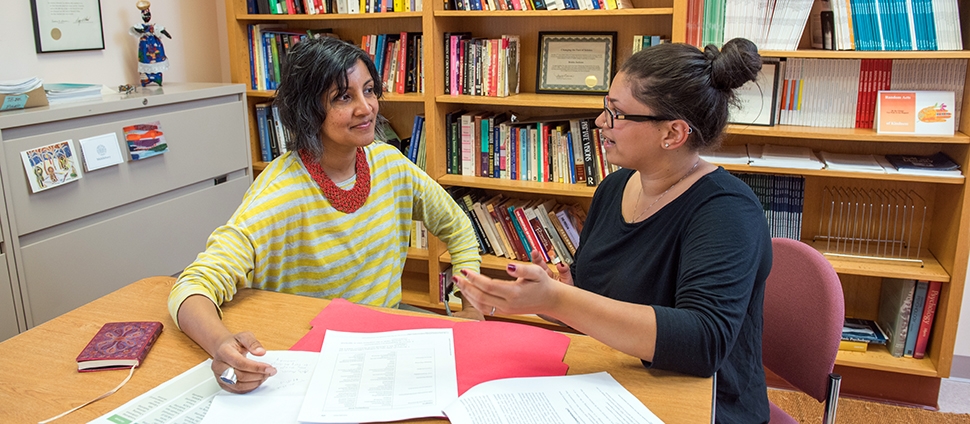Document Type
Article
Publication Date
2-6-2013
Publication Title
Archives of Suicide Research
Abstract
In this review, we explore social contagion as an understudied risk factor for non-suicidal self-injury (NSSI) among adolescents and young adults, populations with a high prevalence of NSSI. We review empirical studies reporting data on prevalence and risk factors that, through social contagion, may influence the transmission of NSSI. Findings in this literature are consistent with social modeling/learning of NSSI increasing risk of initial engagement in NSSI among individuals with certain individual and/or psychiatric characteristics. Preliminary research suggests iatrogenic effects of social contagion of NSSI through primary prevention are not likely. Thus, social contagion factors may warrant considerable empirical attention. Intervention efforts may be enhanced, and social contagion reduced, by implementation of psychoeducation and awareness about NSSI in schools, colleges, and treatment programs.
Keywords
adolescents, non-suicidal self-injury, prevention, psychoeducation, social contagion, young adults
Volume
17
Issue
1
First Page
1
Last Page
19
DOI
10.1080/13811118.2013.748404
Creative Commons License

This work is licensed under a Creative Commons Attribution 4.0 International License.
Rights
Licensed to Smith College and distributed CC-BY 4.0 under the Smith College Faculty Open Access Policy.
Version
Author's Accepted Manuscript
Recommended Citation
Jarvi Steele, Stephanie; Jackson, Benita; Swenson, Lance P.; and Crawford, Heather, "The Impact of Social Contagion on Non-Suicidal Self-Injury: A Review of the Literature" (2013). Psychology: Faculty Publications, Smith College, Northampton, MA.
https://scholarworks.smith.edu/psy_facpubs/207


